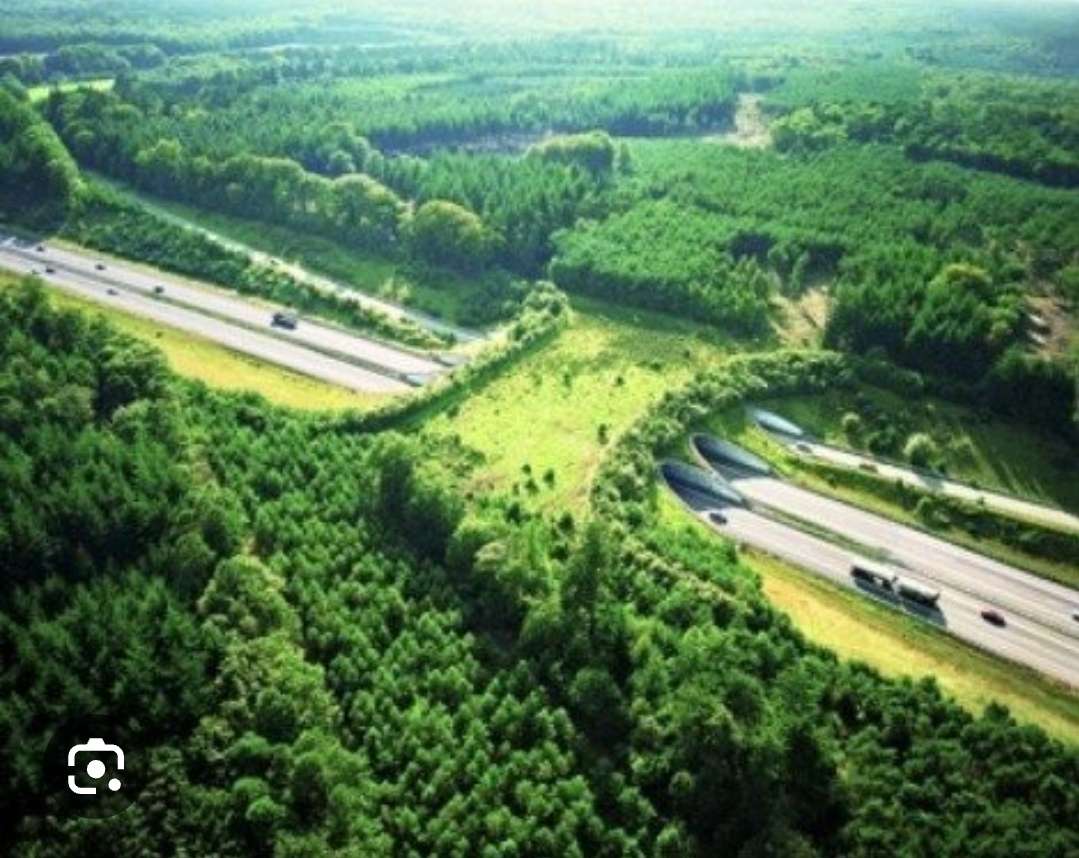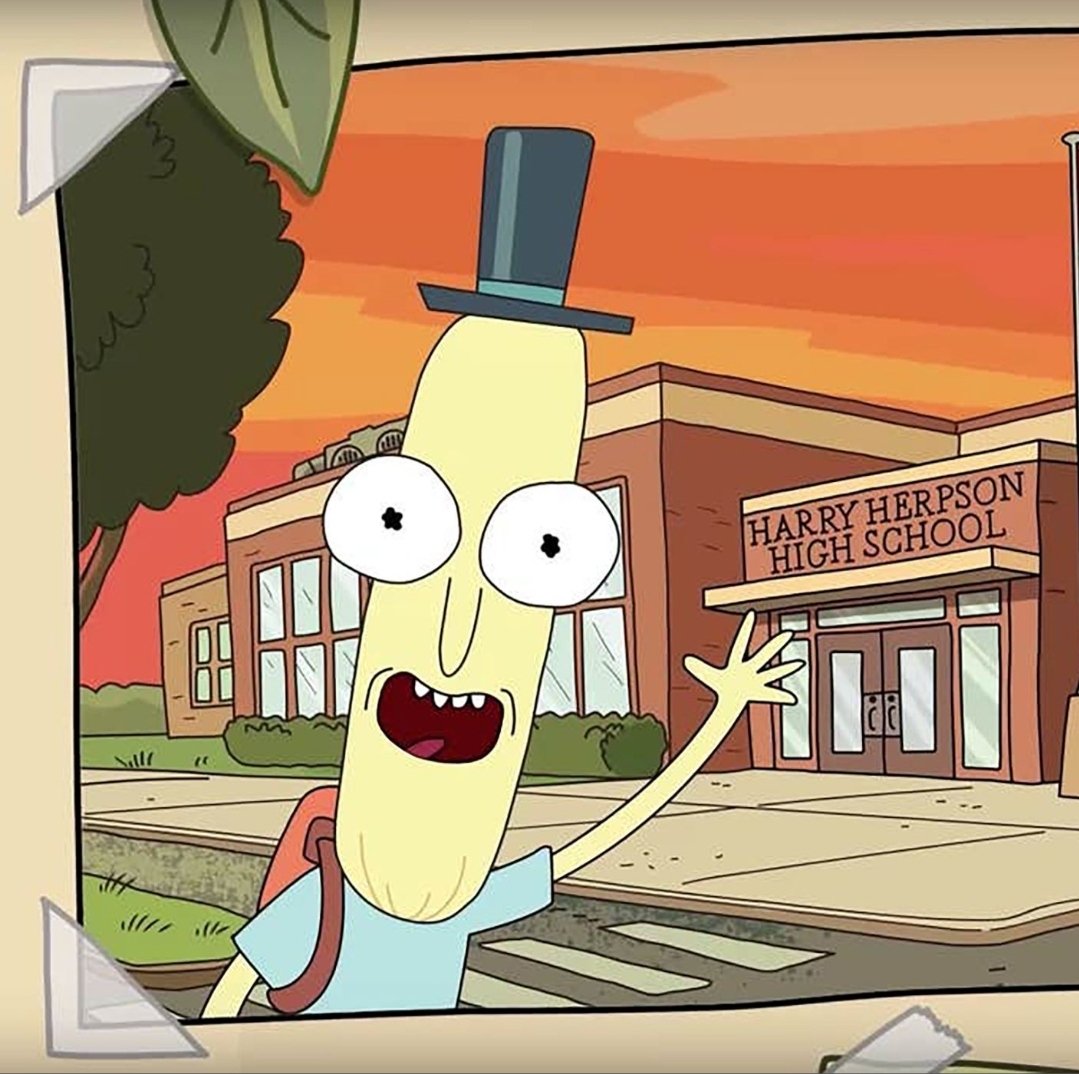The province is in the midst of shifting the cost burden of trash away from municipalities (and municipal taxpayers), onto companies that make and sell products that generate waste.
For material that fills up blue boxes — including non-alcoholic drink containers — industry began paying an increased share of the costs last year and is to cover all of the costs from 2026.
How it works: companies pay fees, based on the amount of waste material they create, to organizations that manage their sector's recycling programs.
The theory of the system — known as extended producer responsibility — is that it gives companies an incentive to reduce their packaging waste and increase recycling rates. Otherwise companies have to absorb the fees as a cost of doing business or pass them on to consumers.
When the government kick-started work on the deposit-return system last year, Piccini said it would "enable consumers to receive a refund for returning used beverage containers."
For more than a year, momentum was building toward a key shift to try to improve things. Premier Doug Ford's government was seriously considering creating a deposit-return system for soft drink containers, a system that's already in place in eight other provinces and that already exists for beer, wine and spirits in Ontario.
Then suddenly, with zero advance notice and no public announcement — and with a potential LCBO strike dominating the news — senior government officials scrapped plans for the deposit-return system.
What follows is the inside story of how, in a battle with big financial implications for companies and big environmental implications for Ontario, Doug Ford's government sided with Big Grocery over Big Beverage.
By abandoning deposit-return, the government bowed to pressure from the supermarket chains, said Wallis of Environmental Defence.
"It's frustrating the amount of power that they seem to have and the amount of influence that they seem to have over policy," Wallis said.
"These are companies that make money, lots of money from selling these drinks to us," she said. "Them refusing to participate in the kind of program that would actually keep these containers out of our environment is honestly shameful."
The notion that consumers could face added costs under the deposit system is now the government's key justification for scrapping it.



When I go for a bike ride with my SO we always ride side by side on streets that have a posted limit at or below 40kmh.
We usually only ride side by side on residential streets. Occasionally we get someone driving too close to us when passing or shouting out their windows saying single file in the same way.
Its like going for a walk, we would not walk in a single file, neither would we sit in a car in single file.